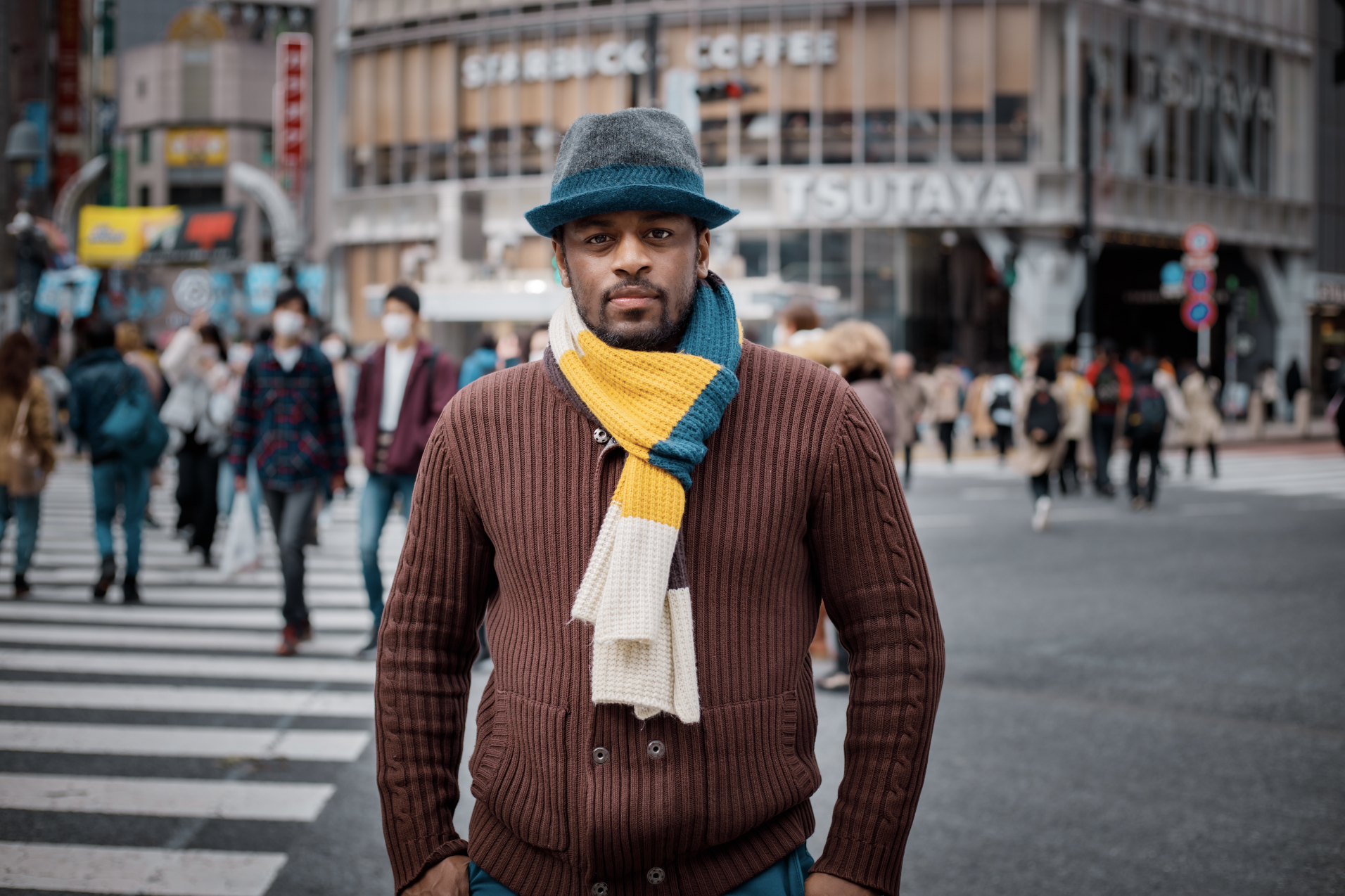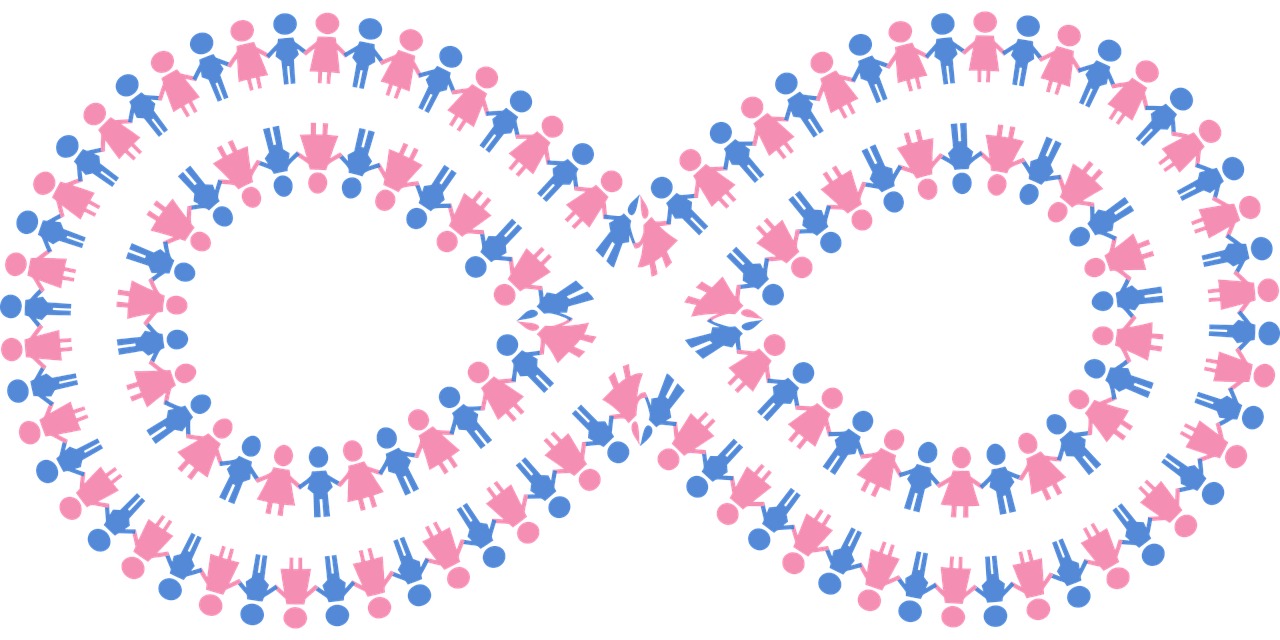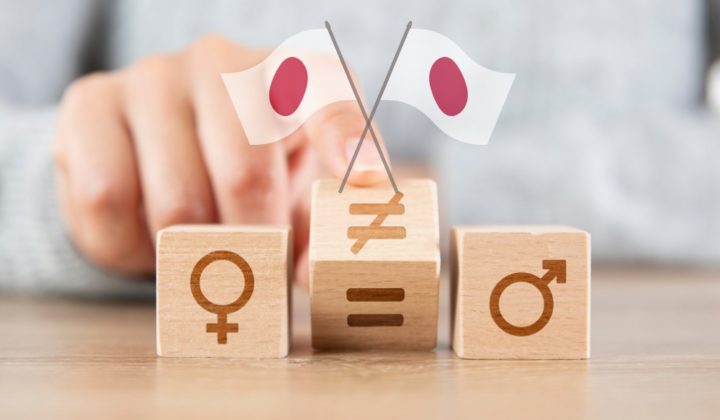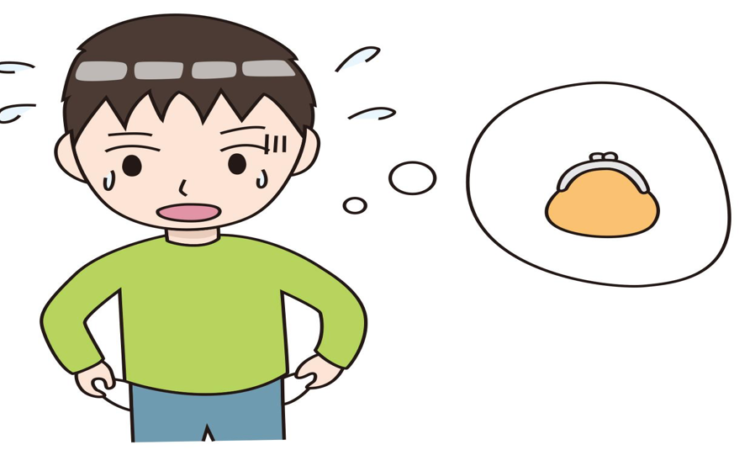
Do you know of any podcasts in Japan, about Japan, in English? If you do, probably not much. Most of them are dedicated to Japanese culture or learning the Japanese language, with very few exceptions. Tokyo Speaks (previously Raw Urban Mobile Podcast) is among these few podcasts where the host does not teach you the difference between は and が or explain how people in Japan exchange business cards. The goal of the host of the podcast, Cliff, is to shine a light on Tokyo’s vibrant international community. I had a chance to talk with him about his creative inspirations and the internalization of Japan.
-
Could you please introduce yourself?
Hello. My name is Terrence Holden but I go by Cliff on the podcast, which is my middle name. I am originally from New York City, but I have been living in Japan for more than 7 years. My podcast, Tokyo Speaks, highlights Tokyo’s international community. I try to make my podcast as diverse and inclusive as possible by interviewing foreigners and Japanese; straight and gay; black, white, Asian people. No matter who you are, you can become my guest.
-
Japan is not a usual destination for people to move. Why Japan?
I came here to be with my wife with whom I was in a long-distance relationship with for some time. Not a lot of problems. I started studying the Japanese language in college because at the hotel where I used to work people could speak several foreign languages. I found that inspiring. Since I could speak the local language before I came to Japan, it was a little easier to adapt to this country.
-
How did the idea of doing a podcast about the international community in Japan come to you?
I was looking for ways to be creative. That’s the reason why I launched a personal blog in 2016 where I wrote about foreigners living in Japan. At about the same time, I started learning about podcasts. There was a lot of video content about Japan that covered similar topics, but I wanted to produce audio content that covered a wide-range of topics; something you can listen to while you’re cleaning, commuting to work, or relaxing during your leisure time. So I started my own podcast at the end of 2017. I also thought about doing videos, but I think some people are less open and comfortable when there’s a video camera around.

Cliff, the host of the podcast “Tokyo Speaks”
-
Could you please tell me about the struggles you faced as a podcaster?
I didn’t know how to produce, record and edit a podcast, so the audio quality wasn’t as good in the beginning. I had to learn everything in the process. My then co-host suggested making a mobile studio out of his van, which was a great idea because the van actually provides really good acoustics.
-
Tokyo Speaks has an incredibly diverse selection of guests. How do you come up with topics for episodes?
The foreign community keeps me inspired! I attend international events held in Tokyo and also follow Facebook groups of foreigners living in Japan like Black Creatives Japan. That means that I am always surrounded by interesting people who can become guests of my podcast later. I am constantly looking for a story, a specific topic or experience that only my guest can talk about.
-
Why did you decide to rebrand the podcast?
First of all, I think the name of the podcast was hard to remember. The original idea was descriptive of the podcast’s nature, Raw stood for honest; Urban for Tokyo; Mobile for our van, but the audience couldn’t remember the name. I also wanted the podcast’s name to reflect what the show is really about: a community of people; not just me. In addition, after my original co-host’s departure, I thought it was about time to change the podcast’s name.
-
What do you want to achieve in the future with your podcast?
There was a big jump in listeners from the first year to second and I hope it will continue to grow. I’m just going to keep it going and see what happens.
-
My last question is about kokusaika or internationalization in Japan. What do you think about it?
Of course, there are positive and negative things about it. However, I believe that foreigners can help Japan to grow economically and socially. Japan is a homogeneous society but I’ve seen how they can benefit from a thriving international community. There are even Japanese who feel more inspired in a diverse community. So I’ve also expanded my range of guests to Japanese people too, because they’re also apart of Tokyo’s international community. My only requirement is that they speak English. lol
You can listen to Tokyo Speaks podcast here or any podcast platform you prefer.





